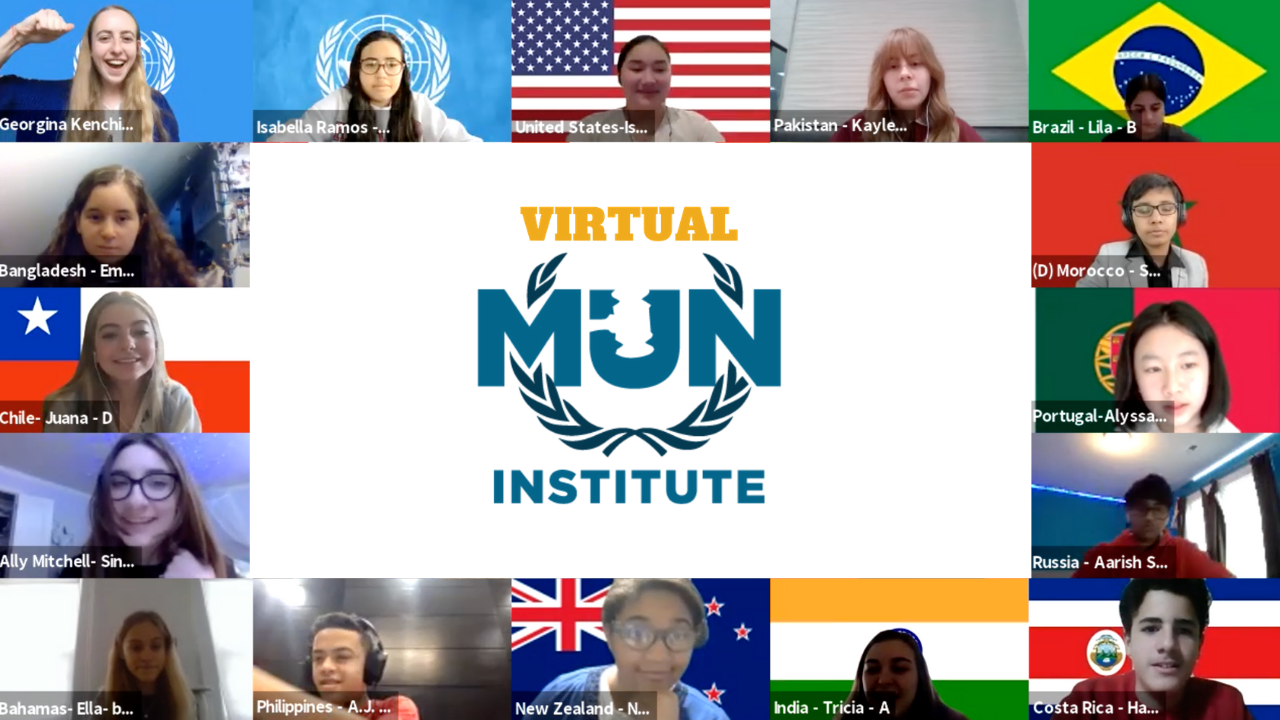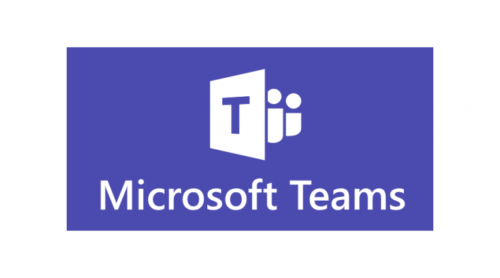
Planning an online conference to facilitate learning through MUN, especially in the midst of a novel pandemic situation is, to say the least, very difficult. Navigating platforms, technical difficulties, costs associated with using said online platforms and recruiting delegates and staff all present unique challenges, particularly in an online context.
We at Best Delegate have identified and analyzed a few online platforms which have been commonly used for both high school and university level MUN conferences to discuss which platform is the best fit for your conference! With so many options available, finding the best one can truly be a struggle. Here are the most common platforms broken down, and some of our favourites:

Zoom
- Pros: Good old Zoom. You have probably already familiarized yourself with this common video/screen-sharing platform through school or work. Most delegates as well as staff will probably have used Zoom in the past so technical difficulties will usually be infrequent and easy to solve. Furthermore, most universities offer student free zoom premium accounts, allowing for up to 250 attendees on any meeting link, along with an unlimited time limit for the meeting (as opposed to the hour-long meeting minute on the free account version). Zoom also makes it very easy to secure the meeting by introducing passwords for the meeting link, RSVPs for Zoom webinars, as well as the ability to record participant information for security purposes. The Zoom Webinar function is particularly useful for large-scale opening and closing ceremonies, where the highlights of the event are awards or guest speakers (who can be highlighted using the spotlight function). With a comprehensive delegate package, Zoom is often the most reliable of all three of these platforms due to ease of access and familiarity.
- Cons: The chat function in zoom is very inflexible, meaning that communication in committee rooms and between delegates could prove difficult to monitor. Admins are unable to pin or remove messages, even though they are able to see direct messages between participants at the conclusion of the meeting. Furthermore, facilitating unmods proves to always be a logistical concern, especially in larger committees. Breakout rooms offer somewhat of a solution, but their inflexibility and requirement in having admin have to put people into breakout rooms means that delegates are unable to interact with each other as they should in the forms of an unmod. Due to the format of these breakout rooms, chairs are also unable to carry out their due diligence on delegates.

Discord
- Pros: With both public and private channels (as in Slack), it makes it incredibly easy to organize both staff and delegates on the same server. With the bot functions, staff are able to introduce code that facilitates timing, measuring which delegates are speaking when, the ability to randomize delegate selection, and a function that allows recording of all points and motions without having to manually re-type them into a google doc or separate document. Discord also offers video and audio capacities, meaning committee sessions as well as unmods are able to be held with transparency, so delegates are able to see who is in what rooms at the same time and join them at their own will. The moderator and admin privileges are very well-built and easy-to-use as well, along with the chat and direct message functions. Discord is also entirely free!
- Cons: The platform only supports up to 25 people with video and audio on at a time, so it’s out for larger conferences or committees . This would work for smaller conferences or crisis committees, but specialized agencies and general assemblies would not be able to use discord unless everyone turns off their video. Furthermore, unmods could again prove tricky depending on how the secretariat organizes the various channels.

Gatherly.io
- Pros: This was a novel platform born at the beginning of the pandemic specifically to address the need for a virtual MUN platform. It has a system similar to that of ChairMUN (a commonly used downloadable program with that allows for various points and motions, along with a timer for each one), with an innovative software facilitating the easy flow of unmods, moderated caucuses and other motions in a manner that is smoother and more integrated than previous options. This platform was built by university students and as such, boasts a very strong customer service team that responds quickly and is very receptive to feedback. Furthermore, it is an entirely online in-browser platform, meaning you do not need to download any programs.
- Cons: Being a new platform, Gatherly.io has run into significant growing pains. The servers are entirely hit or miss, sometimes functioning very smoothly, other times not allowing some delegates or staff back into rooms or floors. Furthermore, the platform requires exceptional computing power; should you have an older device or lack of access to a laptop (as opposed to using your phone or tablet), Gatherly becomes completely unusable. Even on a newer laptop, it requires immense processing power, meaning the platform does get quite laggy.

Special Mention: Microsoft Teams/G Suite
- A combination of Microsoft Teams and OneDrive or Google Meet and Google Drive have both been used in some conferences, with limited success. Due to the relatively decreased familiarity of both students and staff with Microsoft Teams and Google Meet, the chances of encountering fatal technical obstacles are significantly increased. However, conducting an online conference using an integrated platform such as G Suite reduces the organization toll on staff by having everything in the same place. Important to note is that both systems have a limited storage capacity, so starting a new account for a specific conference could be necessary to ensure adequate capacity for documents such as rules of procedure, background guides, etc.
While all of these virtual platforms present effective solutions to the problem of hosting virtual MUN conferences, the core of a good conference is their staff. Without an enthusiastic staff who are as deeply invested in creating the best virtual conference experience possible, the virtual conference will still fail. MUN, whether it takes place virtually or in-person, is all about facilitating an engaging and friendly learning environment for delegates to debate global issues.


